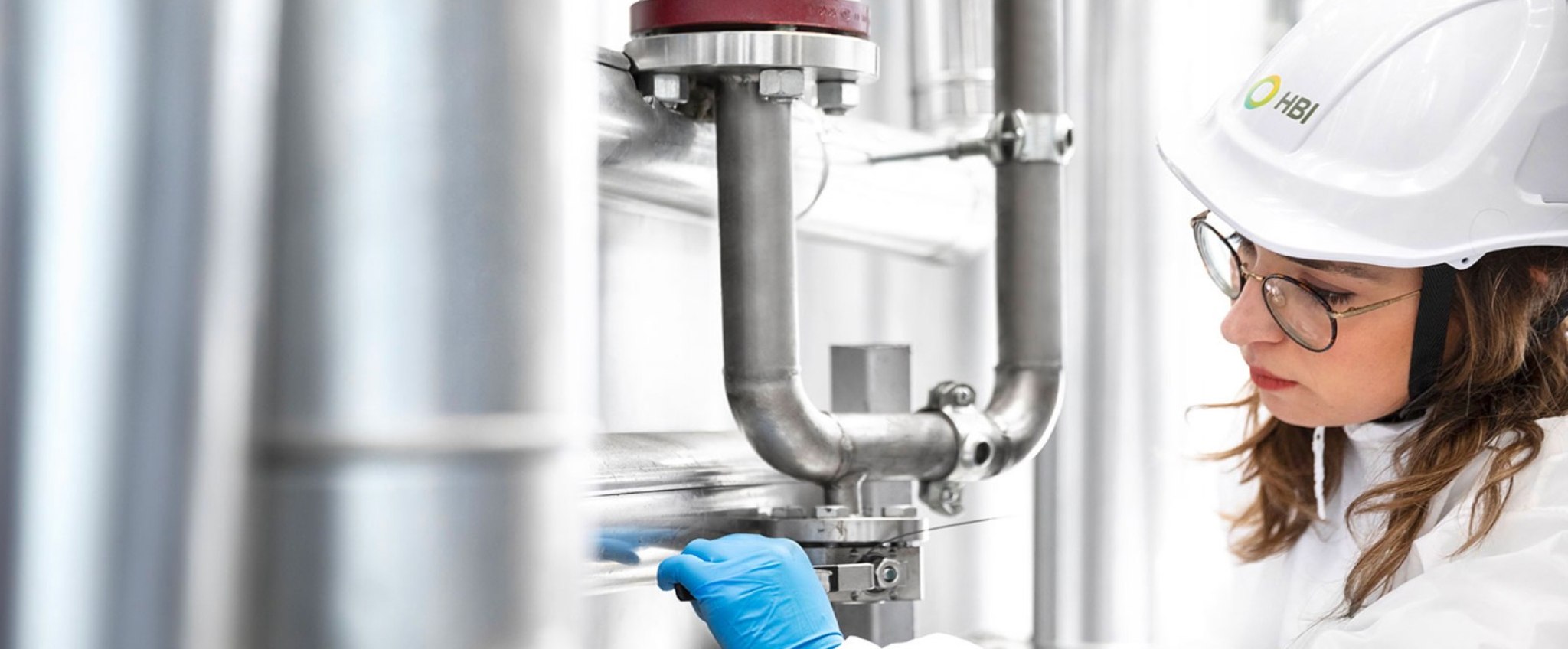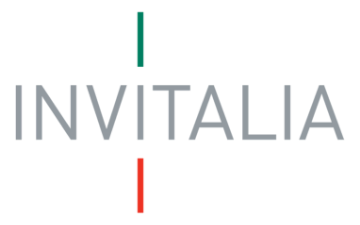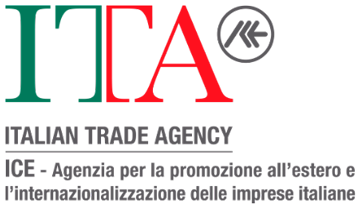CDP Venture Capital among the investors in the startup that is revolutionizing the treatment of wastewater sludge with HBI, increasing capital by €15 million.
The series a round will contribute to the development of the business and internationalisation plan of the italian green tech company
Bolzano, 17 July 2024 - HBI, the Italian company that has developed and applied the first polygenerative technology for the treatment of sewage sludge with a view to the circular economy, announces a capital increase of up to 15 million euro reserved for a pool of new investors.
The Series A investment round saw CDP Venture Capital participating as lead investor, with Green Transition Fund, which uses resources allocated by the EU through the NextGenerationEU initiative, and the Fondo Evoluzione.
Other investors included entrepreneur Bruno De Guio, Finanziaria Internazionale Investments, the Finint Group's AMC, and Bizac and Afra equity investment holding companies and manager Gabriele Mazzoletti. These were in addition to the existing shareholders, including Founder and CEO Daniele Basso, who remains the key shareholder, co-founder Renato Pavanetto, NovaCapital, the equity investment holding company chaired by Paolo Merloni, Carretta, Next Generation Venture and Roleo.
The transaction comes at a time when the water sector is experiencing increasing interest from institutional and private equity investors. With the new resources strengthening its financial capacity, HBI is now preparing to grow industrially and commercially in the business of circular and sustainable sewage sludge recovery in Italy and abroad.
Sewage sludge is still managed as waste. By contrast, the polygenerative technology developed by HBI allows more than 90% of the materials to be recovered, yielding water, renewable energy and secondary raw materials. This makes it possible to drastically reduce the landfilling or incineration of sludge, not to mention the import of fertilisers from abroad.
HBI estimates that the market for innovative, circular and sustainable sewage sludge treatment solutions could generate an economic value of more than 500 million euro per year in Italy alone, while the commercialisation of CRMs recovered from sludge could generate an additional 200 to 300 million euro per year.
“After having demonstrated the potential and scalability of our technology from a technological, regulatory and authorisation perspective, we have developed a business plan that will position us as a European leader in circular and sustainable sewage sludge treatment by 2030. It’s therefore a source of great pride and confidence that institutional investors of this significance and successful entrepreneurs have believed in our plan. This shows that Italy has the tools, skills and will to accept and meet the challenge of ecological transition through innovative solutions. This round is key to boosting HBI's growth in Italy and in international markets. We will now continue to invest in our human capital and research, and strengthen our industrial efforts and business development” commented Daniele Basso, Founder and CEO of HBI.
"HBI's patented technology is a pioneering example of how innovation can turn environmental challenges into sustainable economic opportunities” observedAgostino Scornajenchi, Chief Executive Officer and General Manager of CDP Venture Capital. “Materials that today are destined for landfill or incineration find new uses through a circular system that processes them, allowing them to be almost completely recovered for new uses. We are very pleased to welcome HBI into our portfolio, and in particular among the investments made by our Green Transition Fund, which manages NRRP resources specifically dedicated to supporting the growth of new companies developing green transition solutions or services.”
HBI
With a volume of 3.2 million tonnes/year (2021), Italy ranks third in Europe for annual sludge production. Today about half is disposed of in landfills or incinerated without any recovery. Almost all of the remainder is used for agriculture without any decontamination of hazardous and potentially polluting materials (e.g. heavy metals) or recovery of raw materials such as phosphorus and magnesium. This situation is compounded by the effects of sludge transport. According to a study presented by Utilitalia, Central and Southern Italy exported about 480,000 tonnes of sludge to other regions, mainly in the North.
Due to failures in sewage sludge treatment, the EU has initiated a series of infraction proceedings against Italy, the latest of which (the fourth) costs the country at least 60 million euro per year. HBI technology makes it possible to overcome this situation and, once adopted nationwide, to generate savings for companies and the public estimated at between 120 and 150 million euro annually.
The technology developed by HBI makes it possible to close the integrated water cycle, recovering the water contained in the sludge and extracting critical and strategic materials such as phosphorus and magnesium, which can be used as renewable bases for the production of sustainable agricultural fertilisers, products for which Europe today depends on non-EU supplies. HBI's is also an energy-independent technology because it reuses the energy contained in the sludge itself, and is a system that can be perfectly integrated into existing anaerobic digestion plants.
The application of HBI technology is in line with the measures envisaged in the ARERA MTI-4 package, which incentivises water cycle managers to implement efficient and sustainable treatment of sewage sludge, and also contributes to achieving European targets for the energy neutrality of sewage treatment plants.
HBI was assisted in the transaction by attorney Lorenzo Fratantoni of Eversheds Sutherland Milan, accountant Marco Marconato of Treviso, and notary Giorgio Bertolini of Bolzano.






